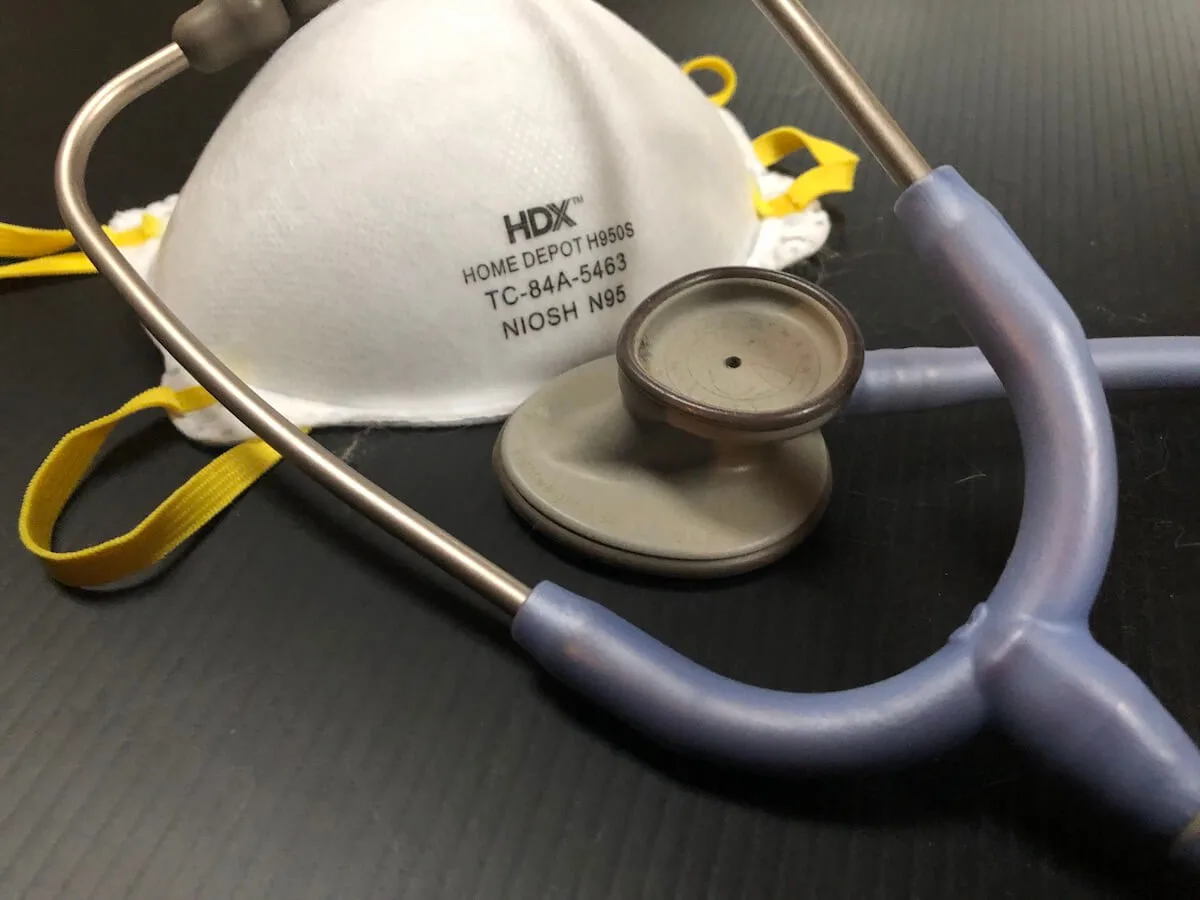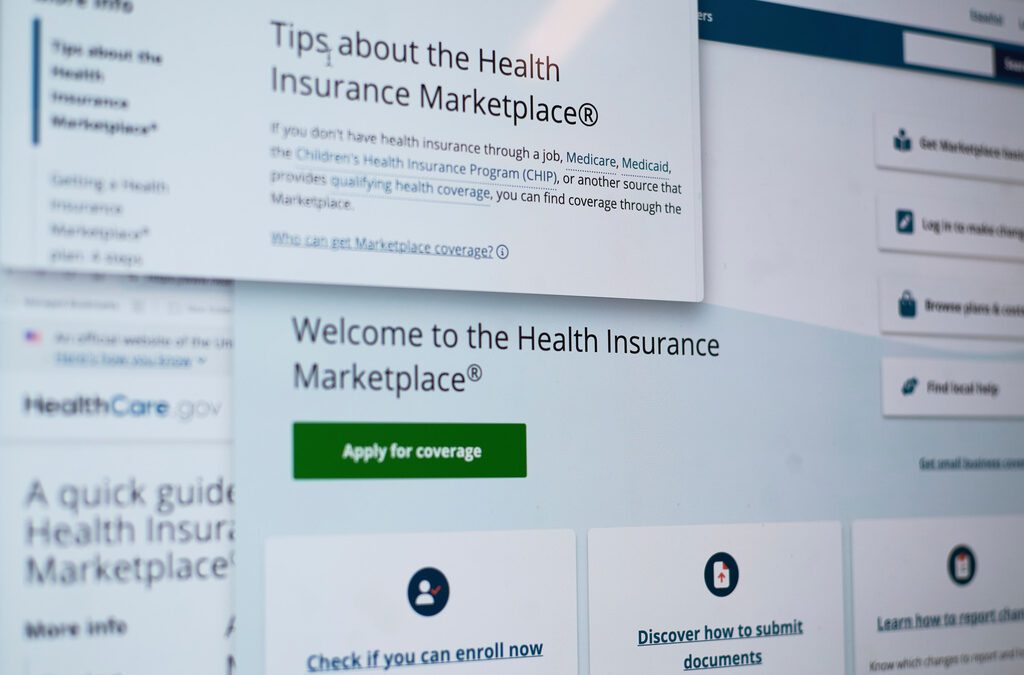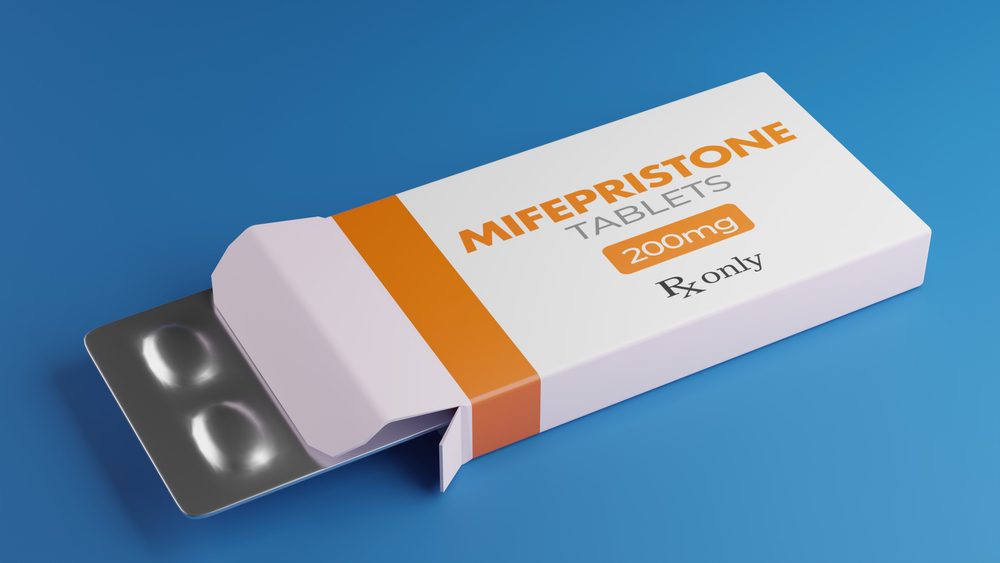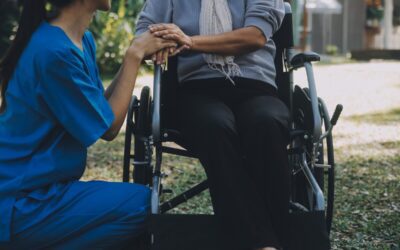
#image_title
Healthcare workers support DEM-sponsored bill, citing need for better health care, paid time off in wake of pandemic.
Workers in Wisconsin’s hospitals, nursing homes, and other healthcare settings said a bill introduced by Wisconsin Democrats Monday would provide much-needed protections for healthcare workers who are risking their lives amid the coronavirus pandemic.
The Healthcare Heroes Act would provide paid sick leave, hazard pay, and healthcare coverage to employees considered frontline workers. It also would pay for COVID-19 tests for healthcare workers.
The legislation, first announced in April, was introduced by Rep. Robyn Vining, D-Wauwatosa, Sen Jon Erpenbach, D-West Point, Rep. Mark Spreitzer, D-Beloit, and Rep. Daniel Riemer, D-Milwaukee.
Healthcare workers, speaking during a virtual meeting Monday organized by SEIU Healthcare Wisconsin to announce the bill, said while many people have referred to them as heroes during the pandemic, their working conditions and pay often don’t reflect that status.
“But it seems like the urgency (to address unsafe workplaces) isn’t there,” said Michael Elvord, who sanitizes operating rooms at a Madison hospital.
In addition to the need for paid time off to preserve their health during the COVID-19 crisis, healthcare workers in many cases need less expensive health insurance and hazard pay for continually putting themselves at risk of contracting the virus, he said.
Elvord said he normally visits with his son often but has only seen his son in person four times since March 14 because of fears of transmitting COVID-19.
“We’re putting our lives at risk when we come to work,” Elvord said. “It has taken a toll on us emotionally.”
Michael Chapple, who has worked as a cook at Milwaukee hospital for the past 15 years, said working in a hospital setting during the pandemic has been “very stressful.” He and his sister care for their 80-year-old mother and he worries about infecting her with the virus.
If she gets sick with the virus or another serious illness, Lisa Gordon, a certified nursing assistant at a nursing home in Monroe, said she and many other healthcare workers lack enough paid sick leave to take time off work and still pay their bills.
“This is not a partisan issue,” Gordon said. “We need our legislators to stop playing politics.”
The legislation originally included funding for personal protective equipment, but that provision was removed when the state provided some funding for masks, gloves, and gowns for healthcare workers. The bill calls for paying for its provisions by accepting federal dollars that would come with Medicaid expansion.
Funding also could come from the approximately $2 billion Coronavirus Aid, Relief, and Economic Security (CARES) Act Wisconsin received from the federal government, although Spreitzer acknowledged there are many competing requests for that money.
Details of how much funding accepting those dollars would provide are still being worked out, Vining said, but those dollars presumably would pay for provisions included in the bill.
“This is not an unfunded mandate,” she said.
Republicans in the Legislature have balked at accepting federal Medicaid money in the past, saying doing so would lead to additional future costs. Assembly Speaker Robin Vos, R-Rochester, has said such funding does not represent “free money.”
Democrats disagree, saying that funding is key to helping pay for much-needed programs in the state that would not only help people but would help boost Wisconsin’s economy.
Addressing the needs of healthcare workers should be a priority, Spreitzer said, especially as the number of COVID-19 cases is on the rise again after a temporary downturn in the number of new daily cases. On Saturday there were 539 new cases of the virus reported in Wisconsin, the highest-one day jump since late May.
He said he hopes a state budget hit hard by drastically reduced revenues during the shutdown because of the pandemic will help convince Republicans to support accepting Medicaid expansion dollars.
“Action on this issue and others cannot wait until January,” Spreitzer said in reference to the beginning of the next legislative session. He called on the Republcian-controlled legislature to convene soon to address the bill and other matters.
Vining said she had heard from healthcare workers in her district and elsewhere in the state desperately in need of more support as the pandemic continues. Failing to provide those employees with workplace safeguards as they face dangerous conditions “just isn’t right,” she said.
“They’re doing their jobs,” she said. “Now it’s time for (legislators) to do our jobs.”

OPINION: Without the ACA Premium Tax Credit, my family’s health coverage is at risk
Like so many other working families, I don’t know what my family would do without the Affordable Care Act (ACA) premium tax credits. As these...

RFK Jr. ignores 100+ studies to push abortion pill ban—this is the mifepristone explainer you need
By Bonnie Fuller Apprehensive OB-GYNs across the country are alerting Americans that Health & Human Services Secretary Robert F. Kennedy Jr. may...

October is Breast Cancer Awareness Month. Here’s how you can help in Wisconsin
It's Breast Cancer Awareness Month. Here's how you can help fight for a cure throughout Wisconsin. October is globally recognized as Breast Cancer...

A new car vs. health insurance? Average family job-based coverage hits $27K
By Phil Galewitz, KFF Health News With the federal shutdown entering its fourth week, spurred by a stalemate over the cost of health insurance for...




